Rockpoint, ADIA to Invest $2B in Industrial Real Estate
The new platform will target infill properties in high-demand markets across the U.S.
Rockpoint and a wholly owned subsidiary of the Abu Dhabi Investment Authority have formed a platform targeting industrial investment opportunities totaling about $2 billion, the companies announced Monday.
This investment vehicle reportedly will focus on “build-to-core industrial investments in high barrier-to-entry locations across infill, demand-driven, gateway and growth markets in the U.S.”
The sort-of third party on the platform is veteran industrial real estate investor and operator Benjamin Harris, with whom Rockpoint formed a strategic partnership in February 2021. In his 24 years of industrial sector experience, Harris has acquired, developed and/or operated nearly 500 million square feet of industrial properties across 50 markets.
Harris had been president of Gramercy Property Trust, till it was acquired by Blackstone in 2018, and later was the CEO of Blackstone’s Link Logistics Real Estate. Last May, he spoke with Commercial Property Executive about the future of the U.S. logistics sector.
The platform has also announced the closing of its first investment, 865 Embedded Way, a 117,520-square foot Class A industrial development project on a 10.6-acre site, in Silicon Valley’s supply-constrained South San Jose submarket. A local news outlet reported that the acquisition closed in late March and was valued at $15.7 million.
READ ALSO: Blackstone’s Global Logistics Buying Binge
In a prepared statement, Bill Walton, co-founder & managing member at Rockpoint, described the platform as a lower-risk vehicle that complements the company’s existing funds, allowing it to continue expanding its capabilities and platform in the industrial sector.
According to Mohamed AlQubaisi, executive director of ADIA’s Real Estate Department, the new platform with Rockpoint aligns with ADIA’s approach of investing with proven partners to target specific areas of value.
The space is small change
Having exploded as the COVID-19 pandemic settled in for the long term, e-commerce has shown similar staying power, comprising about one-fifth of total retail sales as of late 2021, according to a 2022 outlook by CBRE.
In tandem with this growth, however, is a sharp level of volatility, as domestic freight prices jumped more than 40 percent last year and ocean shipping costs soared by more than 200 percent. And transportation costs total 40 to 70 percent of a company’s total logistics expenses.
The upshot for the logistics real estate sector, CBRE says, is, “While rents will continue to rise significantly, it will pale in comparison to rising transportation costs. Therefore, companies will continue to lease more space to cut down on transportation costs.”

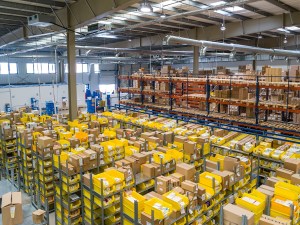

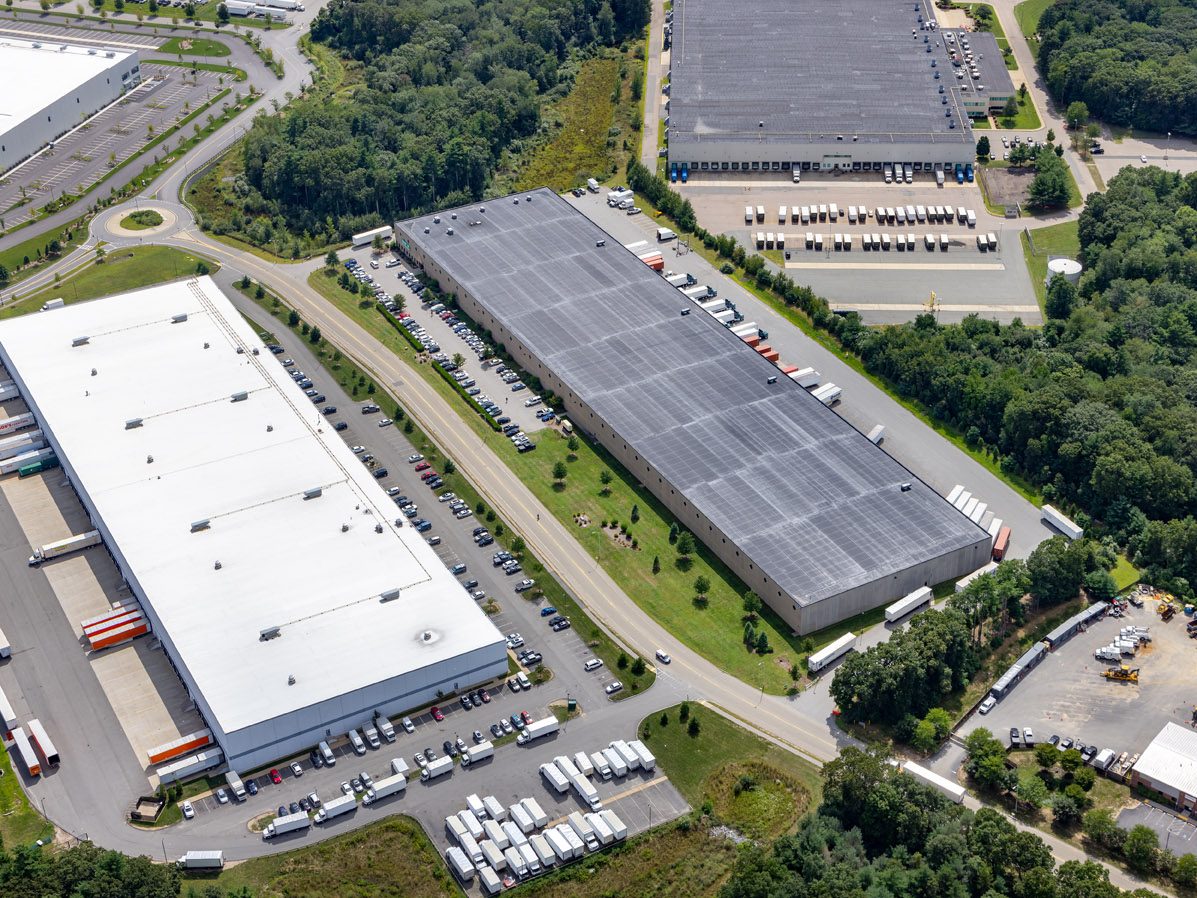
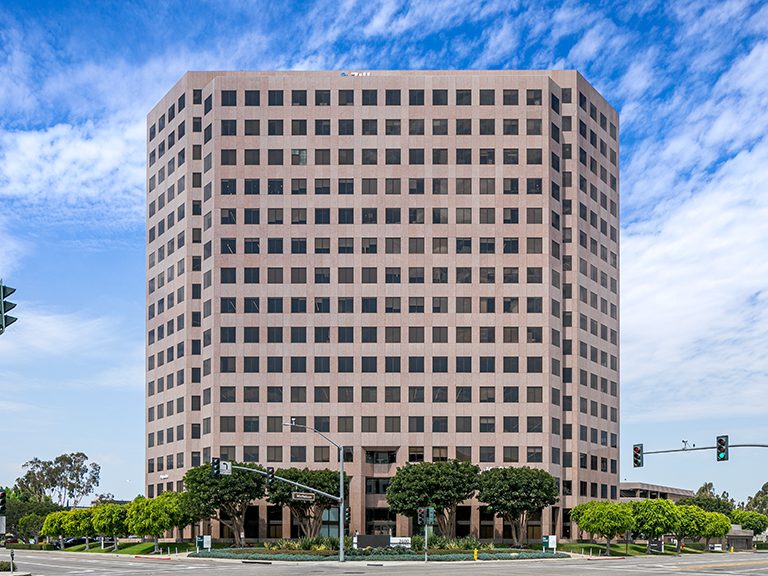
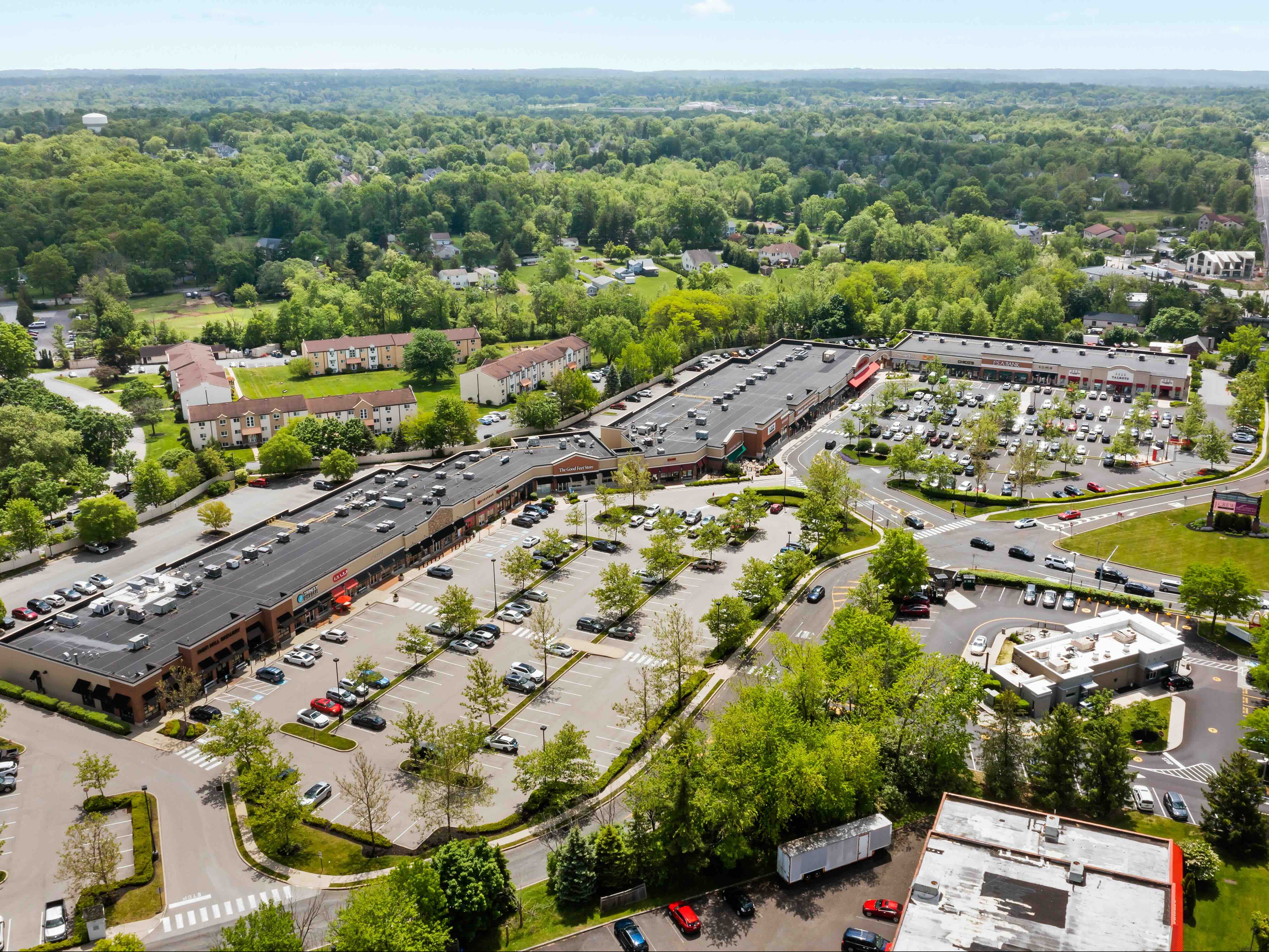
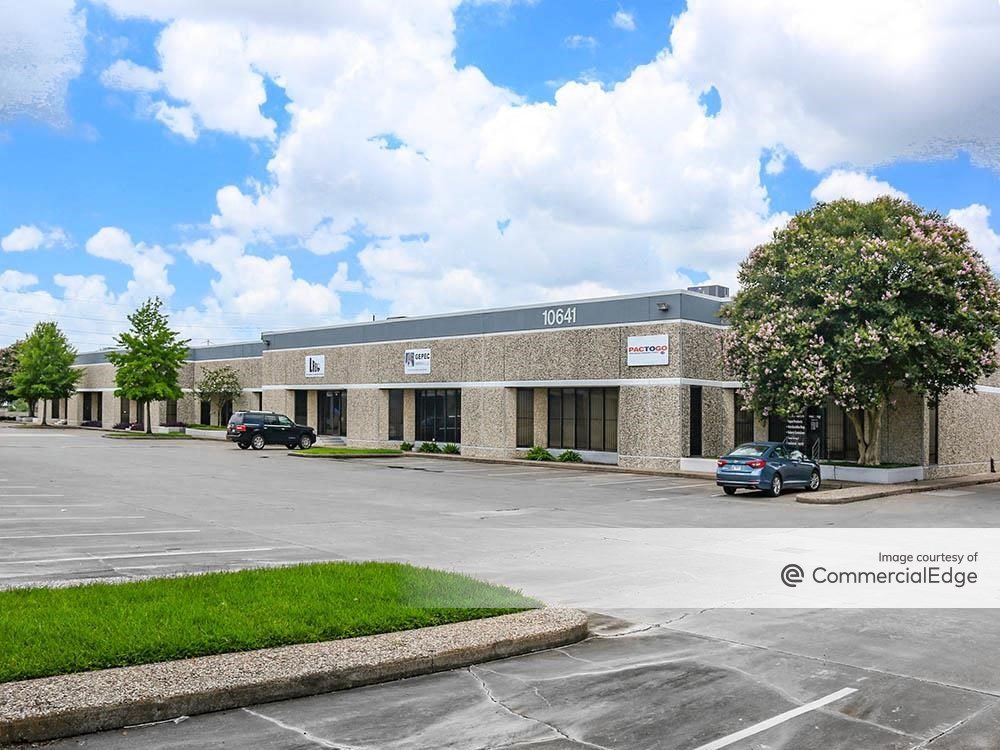
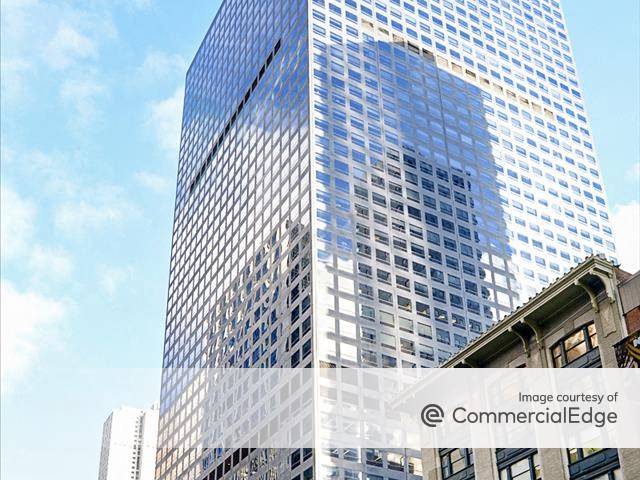
You must be logged in to post a comment.